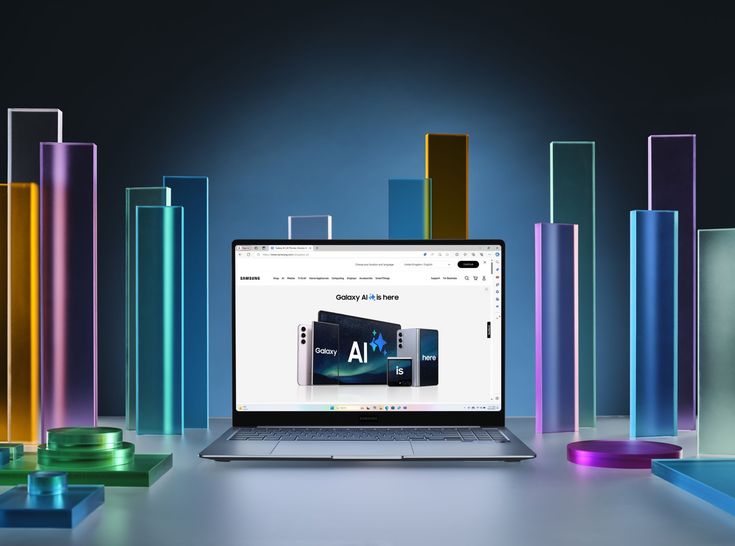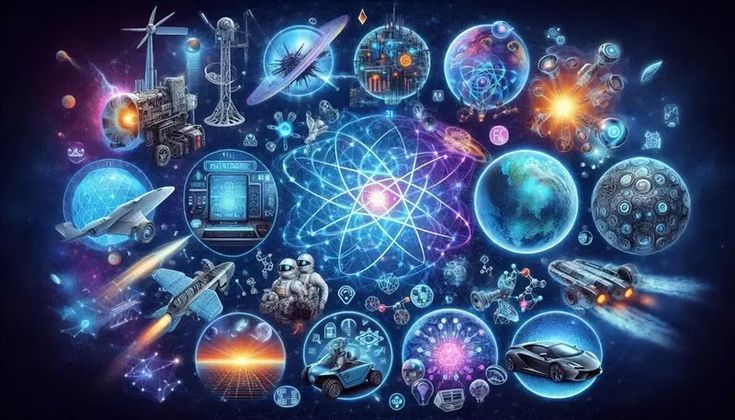Introduction
What are the Digital Marketing Trends for 2025? Digital marketing in 2025 is no longer just about showing ads or sending emails — it’s about creating smart, personalized experiences that feel tailor-made for every individual. At the heart of this transformation is Artificial Intelligence (AI). As consumers become more digitally savvy and expect more meaningful engagement, brands are turning to AI to understand behaviors, predict needs, and deliver content in real time.
AI-powered personalization is no longer a luxury; it’s a necessity. Businesses that embrace it are thriving. Those that don’t? They’re being left behind.
1. What is AI-Powered Personalization?

AI-powered personalization refers to the use of machine learning, data analysis, and automation to create unique, customized experiences for each user based on their behaviors, preferences, and real-time interactions. This goes far beyond inserting a customer’s name into an email. It’s about delivering the right message, at the right time, on the right platform — automatically. What are the Digital Marketing Trends for 2025?
For example:
- Netflix recommends shows based on what you’ve watched.
- Amazon shows products you’re most likely to buy.
- Spotify creates playlists based on your listening habits.
This is all powered by AI.
2. The Power of Data in 2025

Data is the fuel that drives AI. In 2025, brands collect data from more sources than ever before: websites, mobile apps, smart devices, social media, and even voice assistants. With first-party data becoming more important due to privacy regulations, companies are investing heavily in AI systems that can analyze this data and use it wisely. What are the Digital Marketing Trends for 2025?
Key trends in data usage:
- Real-time behavior tracking (clicks, purchases, time spent)
- Predictive modeling based on past actions
- Demographic and psychographic analysis
3. Real-Time Personalization at Scale
Imagine visiting a website and seeing products, blog posts, or services tailored exactly to your past interests — instantly. AI makes this possible, even for millions of users at once.
Examples of real-time personalization in 2025:
- Dynamic website content that changes per user
- Email subject lines generated by AI to increase open rates
- Social media ads that automatically adjust messaging based on user engagement
Companies like Adobe, Salesforce, and Shopify have built AI into their marketing platforms, making personalization more accessible even to small businesses.
4. AI-Powered Chatbots and Virtual Assistants
Customer service is also undergoing a major upgrade. In 2025:
- Chatbots can hold human-like conversations using Natural Language Processing (NLP).
- Virtual assistants like Alexa, Google Assistant, and Siri are helping users shop, compare brands, and get personalized suggestions.
- AI is reducing wait times, improving satisfaction, and freeing up human agents for more complex issues.
These bots don’t just answer questions. They learn from every interaction, becoming smarter over time.
5. Predictive Marketing and Anticipating Customer Needs
One of the most powerful uses of AI is in predictive marketing — using algorithms to anticipate what a user will want next.
For instance:
- An eCommerce site might offer a discount just before a customer decides to leave the cart.
- A travel website might recommend vacation packages right after you book a flight.
- An email campaign might be triggered exactly when a customer is most likely to open it.
This level of automation and foresight was impossible without AI.
6. Ethical Considerations and Privacy
With great power comes great responsibility. In 2025, customers are more aware of how their data is used. Brands that misuse data, or are not transparent about it, risk losing trust.
To succeed:
- Companies must follow privacy regulations like GDPR and CCPA.
- They must be transparent about how data is collected and used.
- They should offer clear opt-out options and respect user preferences.
AI must serve the customer — not manipulate them.
Conclusion
AI is not just changing the tools we use in marketing — it’s changing the entire relationship between businesses and customers. In 2025, consumers expect brands to know them, anticipate their needs, and communicate meaningfully. AI makes this possible.
As a digital marketer, embracing AI-powered personalization is no longer optional. It’s the key to staying relevant, competitive, and customer-focused in an ever-evolving digital landscape.
Would you like me to continue with Blog Post 2, or provide a list of the 100 blog titles and their focus so you can pick the ones you want written first?




